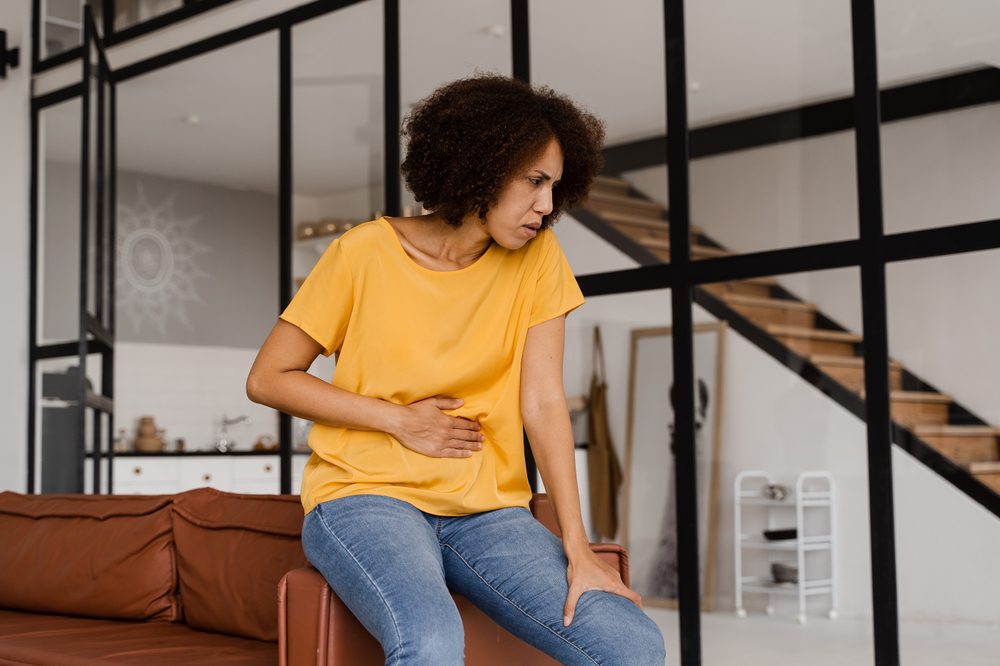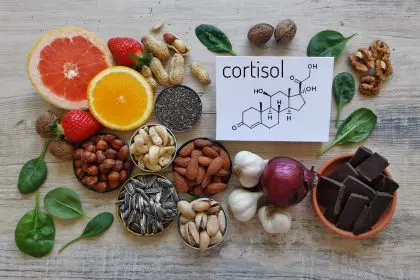Your morning coffee, that pain reliever you take after a workout, even the way you handle a stressful day at work – these seemingly innocent parts of your daily routine might be setting you up for a painful stomach condition. Medical experts are shedding light on how our modern lifestyle could be creating the perfect storm for stomach ulcers.
The morning routine that could be hurting you
That empty-stomach coffee run might be more dangerous than you think. Medical experts explain that starting your day with acidic beverages on an empty stomach can gradually wear away at your stomach lining. Even more concerning is what happens when you combine this with other common morning habits, like taking pain medication for your pre-work gym session.
Your pain reliever might be causing more pain
Think popping those over-the-counter pain pills is harmless? Medical experts want you to think again. Regular use of common pain relievers, especially when combined with daily stressors, can significantly impact your stomach health. The tricky part? The damage often happens so gradually that you might not notice until it’s serious.
The stress factor you can’t ignore
Your body keeps score of every stressful meeting, deadline, and traffic jam. Medical experts reveal that chronic stress does more than just make you feel anxious – it can literally eat away at your stomach lining. The way you handle stress could be setting the stage for stomach ulcers, even if you’re doing everything else right.
The bacteria you didn’t know about
There’s an uninvited guest that might be making itself at home in your stomach. Medical experts explain that a common bacteria called H. pylori could be silently damaging your stomach lining. The concerning part? You might be carrying this bacteria without knowing it, and certain daily habits could be making its effects worse.
Your eating habits matter more than you think
It’s not just what you eat – it’s how you eat it. Medical experts share that rushing through meals, eating at irregular times, and choosing certain foods can create the perfect environment for stomach ulcers to develop. The timing of your meals might be just as important as their content.
The evening habits that affect your stomach
Your nighttime routine could be setting you up for stomach problems. Medical experts point out that late-night snacking, lying down soon after eating, and certain bedtime habits can significantly impact your digestive health. Even the position you sleep in could make a difference.
The weekend habits that raise red flags
Those weekend habits you think help you unwind might be doing more harm than good. Medical experts caution that common weekend behaviors, from celebratory drinks to irregular eating patterns, can throw your stomach’s natural defenses into chaos.
The protection plan you need
While the news might sound concerning, medical experts emphasize that protecting your stomach health doesn’t require a complete lifestyle overhaul. Small, strategic changes in your daily routine can make a significant difference in preventing stomach ulcers.
Start with your morning routine – Consider eating something small before your coffee, and space out your pain medication if you need it. Throughout the day, find moments for stress relief – even a few deep breaths between meetings can help reduce stomach acid production.
The diet changes that actually work
Medical experts recommend focusing on stomach-friendly eating habits rather than eliminating entire food groups. Timing your meals, chewing thoroughly, and staying hydrated can be more effective than following restrictive diets. The key is creating sustainable habits that protect your stomach while fitting into your lifestyle.
Understanding the warning signs
Your body often sends subtle signals before a full-blown stomach ulcer develops. Medical experts advise paying attention to persistent mild discomfort, changes in digestion, and unusual hunger patterns. Catching these early warning signs can help prevent more serious problems.
The lifestyle adjustments that make a difference
Protecting your stomach doesn’t mean living in a bubble. Medical experts suggest practical lifestyle modifications that can significantly reduce your risk of developing stomach ulcers while maintaining your quality of life. Simple changes in how you time your medications, manage stress, and approach meals can make a substantial difference.
When to seek help
While lifestyle changes can help prevent stomach ulcers, knowing when to seek medical attention is crucial. Medical experts emphasize that certain symptoms should never be ignored, and early intervention can prevent more serious complications.
Remember, your stomach’s health affects every aspect of your life, from your energy levels to your emotional well-being. Understanding how your daily habits impact your digestive health empowers you to make informed choices that protect your stomach while maintaining an enjoyable lifestyle.
The good news is that most stomach ulcer risk factors are within your control. By making mindful choices about your daily habits and staying attuned to your body’s signals, you can significantly reduce your risk of developing this painful condition. The key is finding a balance between maintaining your lifestyle and protecting your health.













